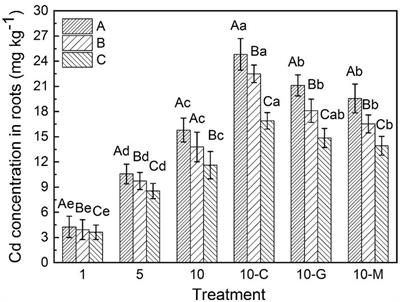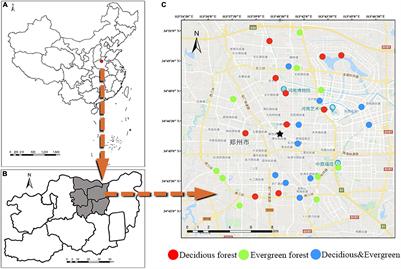EDITORIAL
Published on 13 Jun 2023
Editorial: Plant-soil-microbe interactions and drivers in ecosystem development and ecological restoration
doi 10.3389/fevo.2023.1216016
- 1,498 views
2,841
Total downloads
15k
Total views and downloads
EDITORIAL
Published on 13 Jun 2023
ORIGINAL RESEARCH
Published on 25 Oct 2022

ORIGINAL RESEARCH
Published on 03 Oct 2022

ORIGINAL RESEARCH
Published on 20 May 2022

SYSTEMATIC REVIEW
Published on 27 Apr 2022

